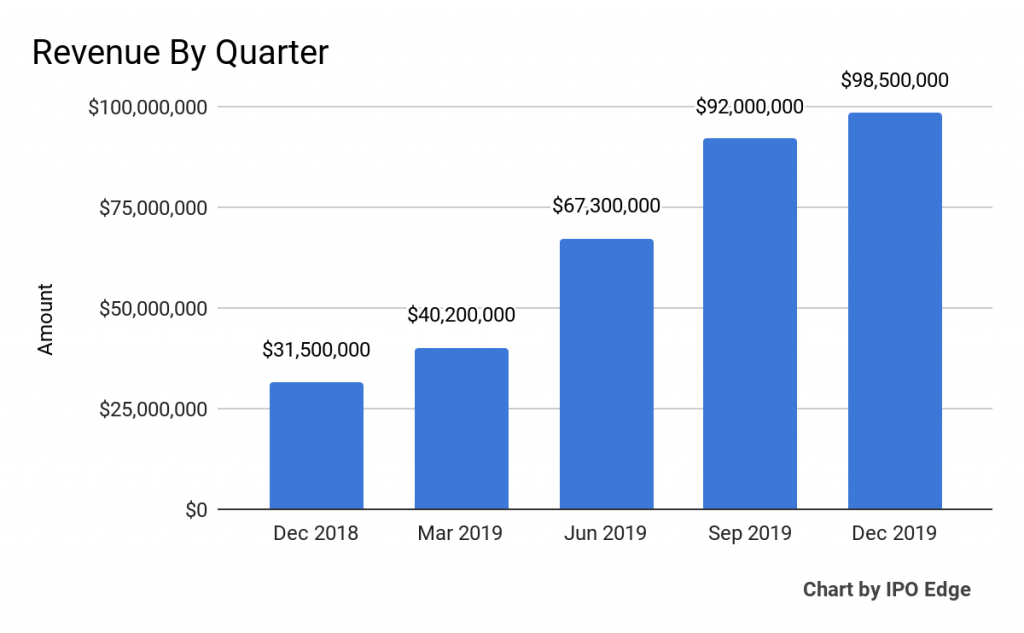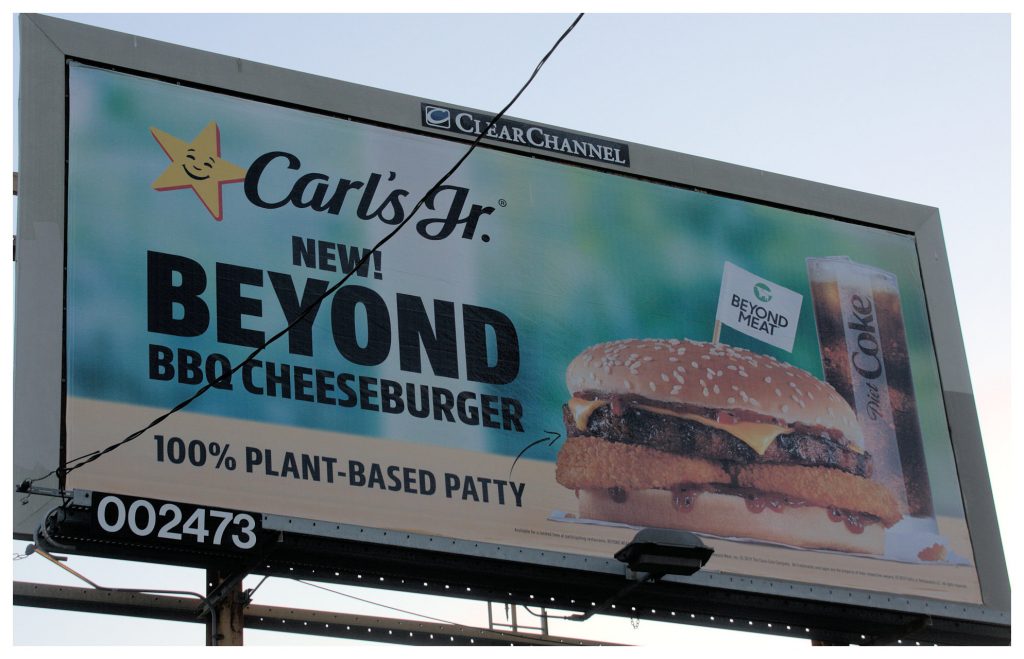Vegetarianism or veganism are not a new. They have existed for eons and people with such diets have always sought alternatives to meat-based products. Up until recently, however, the meat and meatless industries did not quite overlap. They did not even compete with each other. Vegetarians bought their separate plant-based foods while meat lovers relished their meat. Now, the tides have begun to change. A significant population of the world is gradually turning into ‘flexitarians‘. It means that a large number of people who love their meat also want to experiment with plant-based alternatives. This has significantly contributed to the rise of the plant-based meat economy. Read on to know more about this emerging industry and the importance of plant based patties in its evolution and growth.
Plant-Based Meat Industry Overview
The plant-based meat industry, which probably began its journey with the innocent veggie burger in the late 1980s, has suddenly bloomed over the last couple of years. In 2018 alone, the plant-based meat industry was estimated to be around 10.10 Billion USD. This is a significant size considering the industry has already begun to challenge the 1.8 Trillion USD meat market.
The revolution has come about owing to newer technologies that have helped companies break down the composition of meat at the molecular level so that manufacturers could come up with plant-based products that resemble this complex structure of animal products. Years of research and lab work have finally produced food products that mimic the taste, the smell, and the look of meat-based products. Plant-based meat is made of several components, but at the moment soy seems to be dominating the market.
The Role of Meatless Patties
Average American eaters have contributed notably to the rise of the meatless meat industry. This is because the Standard American Diet proudly boasts of the burger as one of its biggest components. Naturally, the shift from meat-based burgers to meatless parties has been crucial in shaping the plant-based meat industry.
Two leaders of this industry, namely, Impossible Foods and Beyond Meat, have played their part in the sales of plant-based meat products rising to 192.1 million USD in 2019 from 118.7 million USD in 2017. These players have revolutionized the meatless burger in such a way that these products have been attracting a big part of the meat-eating population as well. About 80% of the growth in the American plant-based meat industry has come from these two brands, thus showing the American passion for burgers playing a mighty role in the rise of this market.
Soaring Stocks
Beyond Meat created a positive wave in the stock market when it went public in May of 2019. For a significant provider of plant-based meat products, this leap was a strong signal of growth in the entire industry. The company’s third-quarter revenues grew 250% year-over-year, indicating the kind of exponential growth that the industry is going through.
Investors have been making the rush for Impossible Foods as well, which partnered with Burger King in August of 2019 to ensure a wider reach of its plant-based burgers.”Burger King’s unveiling of The Impossible Whopper is driving traffic to the fast food chain, according to Barclays analysts. In April, Burger King became a non-meat platform pioneer, testing the Impossible Whopper in 59 St. Louis restaurants before rolling out the meatless burger across US restaurants in August.” FoodIngredientsFirst reports. Celebrities such as Bill Gates and Serena Williams have backed up this brand with investments and have helped bring the company’s total funds to 750 million USD.”Burger King is not the first to serve up a no-meat burger. Los Angeles-based Beyond Meat in early January announced it was rolling out its plant-based burger at fast-food chain Carl’s Jr. Beyond Meat counts actor Leonardo DiCaprio and Microsoft founder Bill Gates as investors. It filed for an initial public offering in November.” Reuters reports.

This is not all. Traditional meat brands have also been jumping into the bandwagon with Tyson Foods, a household name in meat products, investing in meatless products as well. They partnered with Beyond Meat initially to later give a footing to their meatless brand, Raised & Rooted.
Growth Predictions
The worldwide plant-based meat industry is expected to grow at a compound annual growth rate (CAGR) of 14.8% to reach 30.92 billion USD by the year 2026. According to experts, the industry has already reached its tipping point. The market for these meatless meat products has grown five times faster than its meat-based counterpart.
It is also predicted that by the year 2040, 40% of meat will be sourced directly from animals, while 25% will come from vegan meat. The rest is expected to come from meat grown in laboratories. Advanced technologies such as artificial intelligence and blockchain are expected to further aid in the manufacture of plant-based meat products. As these technologies grow, so will the meatless meat market. It is not just about meat either, other plant-based markets such as dairy have also seen an exponential rise in the last couple of years and are expected to grow even further.
Global Revolution
Although the major shift in the meat-based to the meatless economy has been seen in the US, the global markets are not far behind. For example, in 2017, China imported lab-made meat from brands in Israel, intending to decrease its population’s dependency on meat by 50%. The expected growth rate in Europe is 14.4% for this industry while in the Asia Pacific it is even higher at 15.9%.
Irrespective of the region, more and more people are making food choices that are better for an individual as well as for environmental health. The plant-based diet fits the bill quite well considering these factors and hence the industry is expected to soar globally. With many different meatless options on the rise and not just burgers, nations whose major population thrives on plant-based diets are expected to see sunnier days ahead.
The Bigger Picture – Agriculture & Food
It is all very well that plant-based meat provides so many different options to consumers, but how does it all stack up concerning sustainability in farming? Thanks to the technologies used in manufacturing plant-based meat products, food innovation opportunities are expected to be on the rise. This gives birth to a whole new industry on food innovation, based on artificial intelligence, which might be valued at $85 billion by the year 2030.
Many farming startups are also expected to come into the foray, bringing in a blend of technical expertise and traditional farming approaches. Vertical farming such as controlled-environment agriculture and soil-less farming will most likely take center stage as demands for plant-based products surge. In a nutshell, the world could have faster and more economical methods of growing a large variety of plant sources that not only nourish the environment but also fuel the growth of the plant-based meat industry.
A Plant-Based Future
Back when veggie burgers were brand new, no one would have predicted that the innovation would one day give rise to a billion-dollar market in just a few decades. Thanks to the evolution of the meatless patties, the world has seen a shift in consumer behavior around health and taste. New brands are catering to this meatless revolution while the old brands are latching on to the effect to extend their products in favor of this growing industry. The availability of a wide variety of plant-based meat products is proof that the meat-eating populace is heading toward a new era, where technical advancements play a big role in deciding the food placed on the dining table of a common household.

